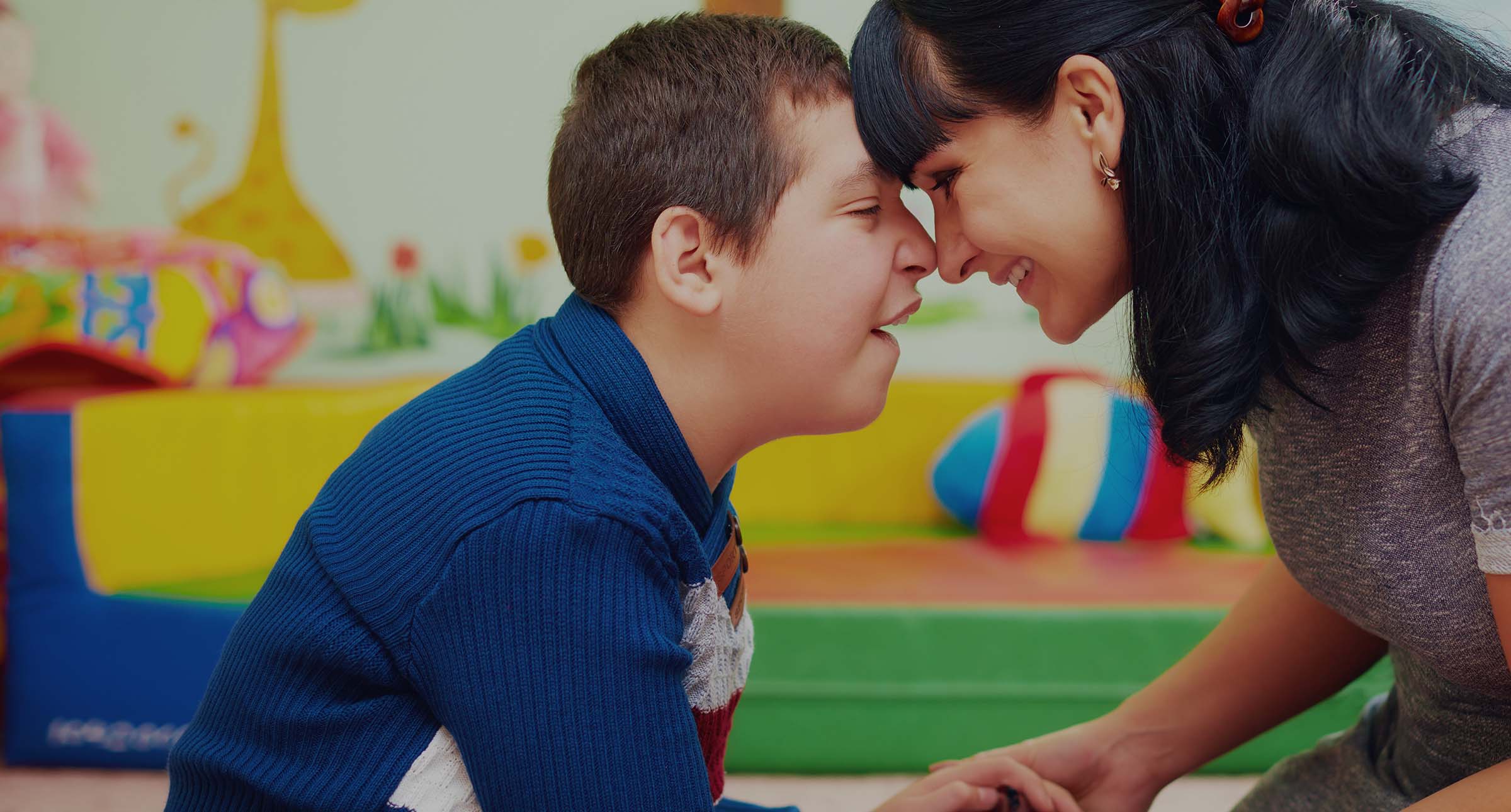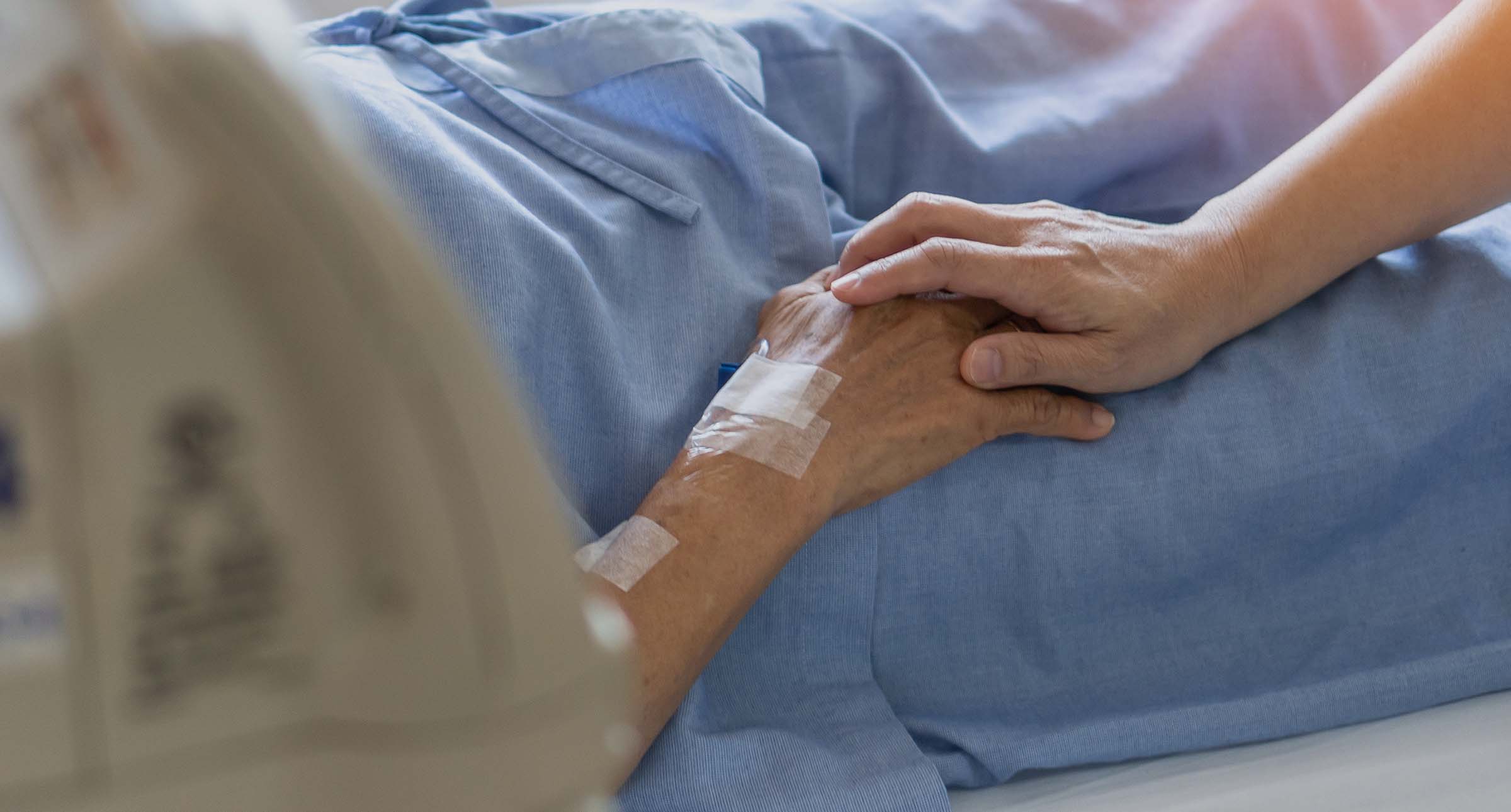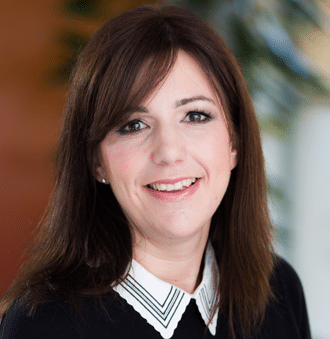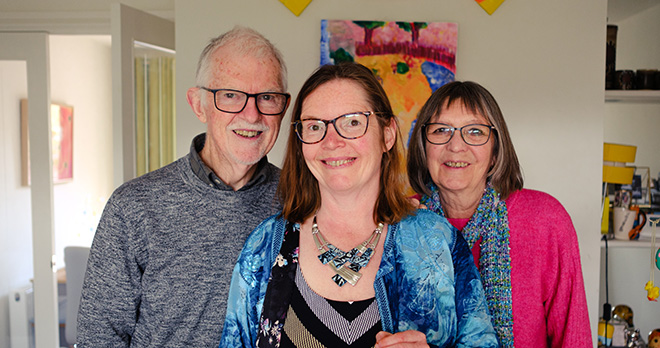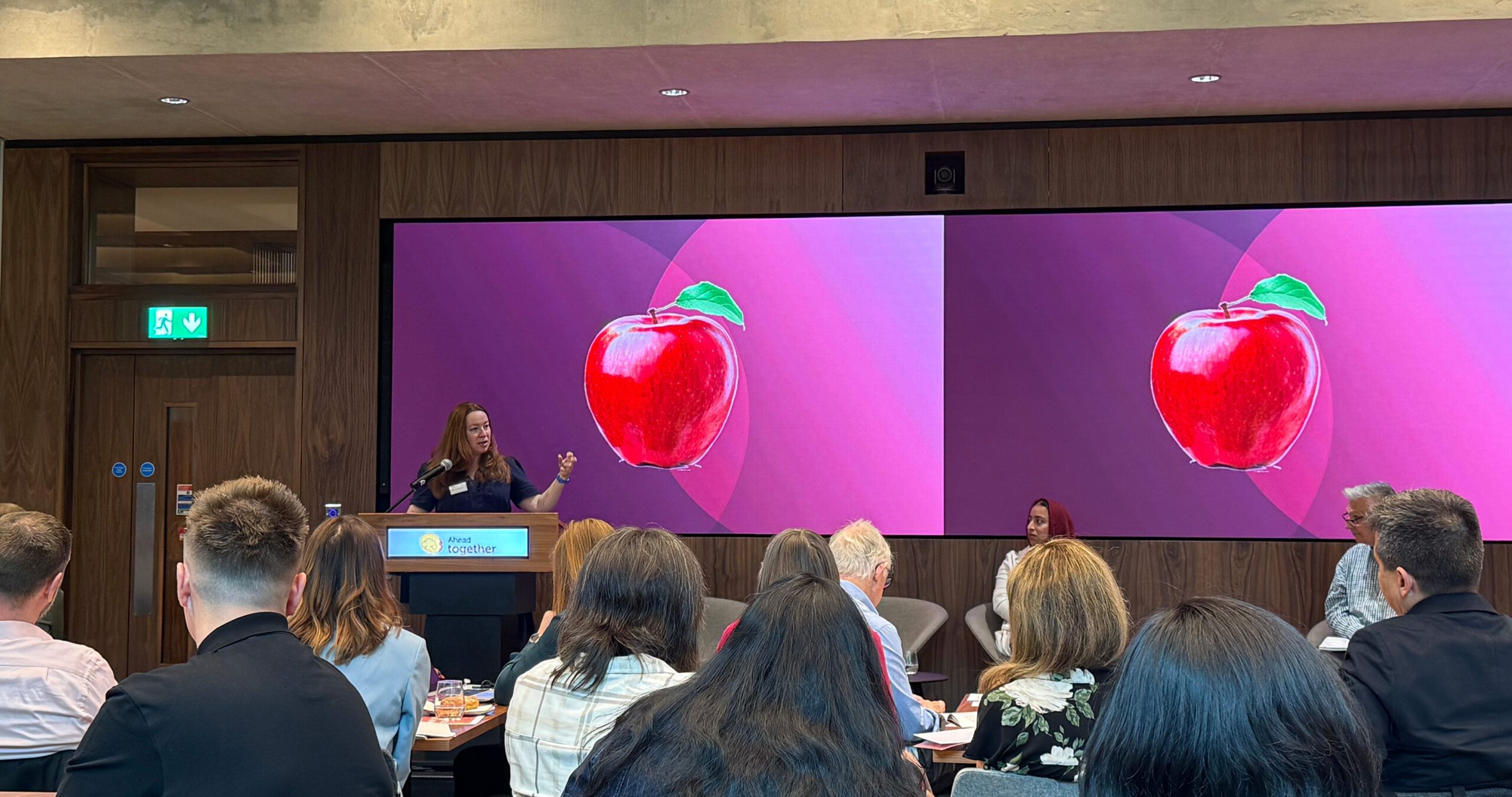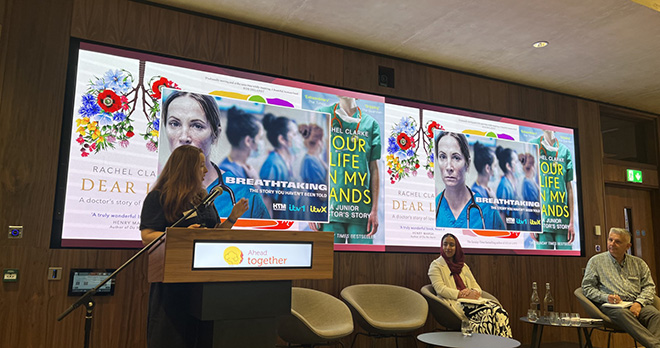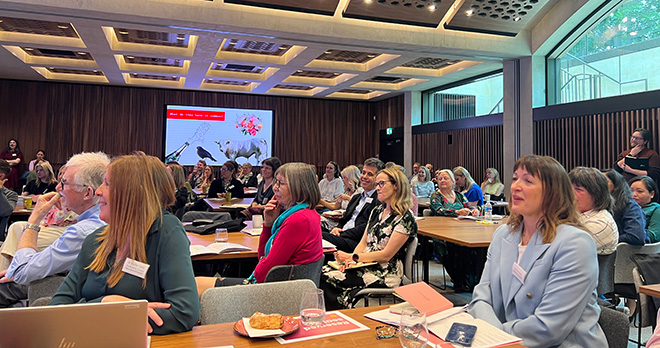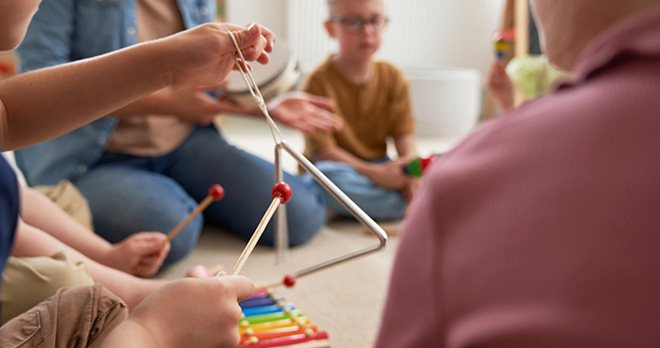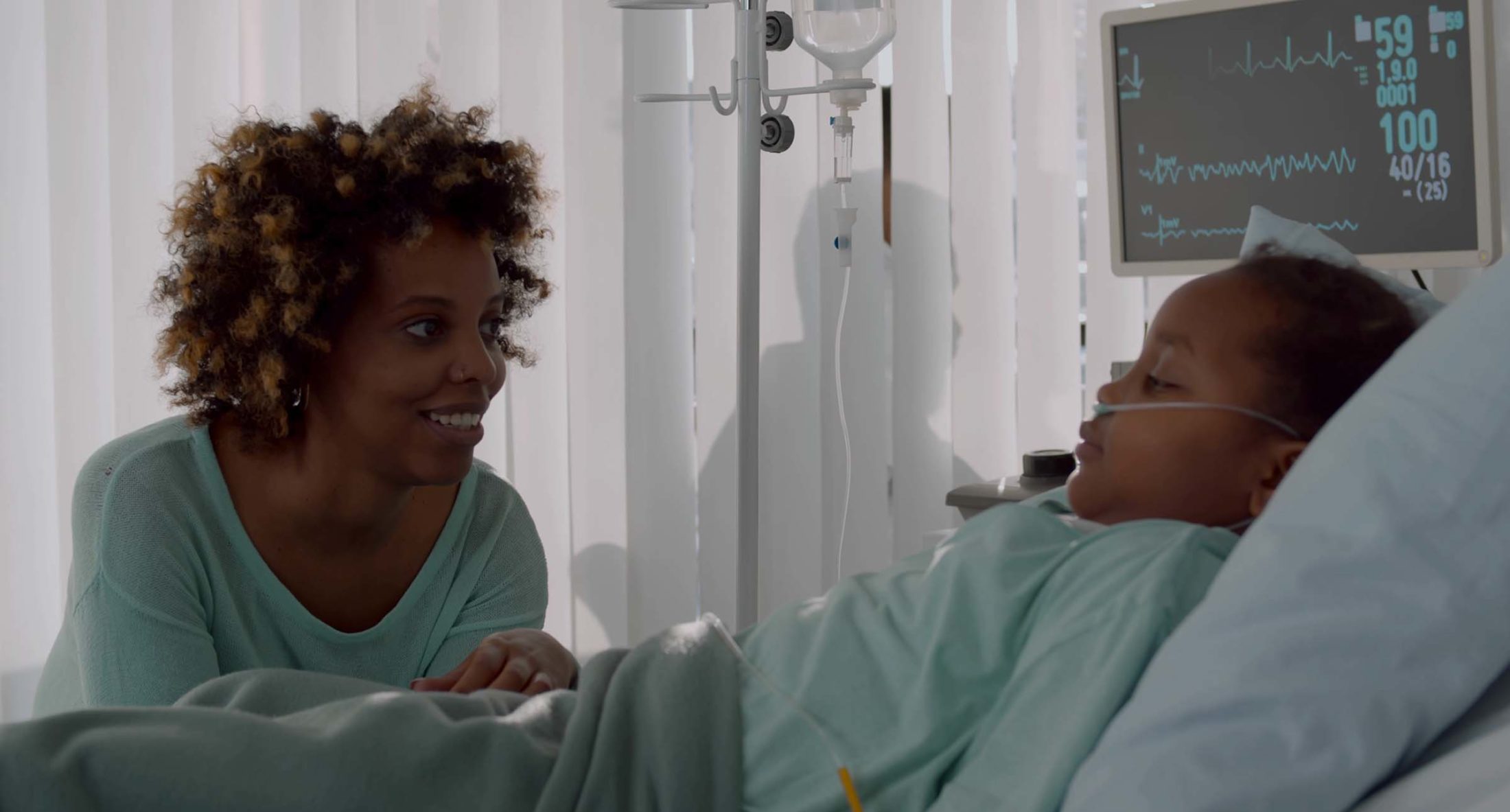

Make a claim for misdiagnosis of meningitis
Should the initial signs of meningitis be missed, you or your loved one may have been denied the best chance of a full or better recovery. If this has happened, we can help you investigate a claim for compensation.
Call us now for a free consultation on whether you have a claim
If meningitis has been treated negligently, we're here to help.
Whether treatment was delayed, or not given at all, we can help you understand whether you have a claim for compensation.
The process of making a claim starts by obtaining all of the relevant medical records to discover exactly what happened and the advice and treatment that was given.
Once you have decided to proceed with a claim for compensation, we will instruct medical experts to review the records and advise on the standard of the care that you or your loved one received. If substandard care is identified, the medical experts will also be asked to comment on what difference the substandard care has made to the outcome.
We will then write to the hospital, GP or other medical professional and tell them why we believe that the treatment was substandard, giving them the opportunity to admit or deny the allegations we have made. If they deny the allegations your claim may be issued in court.
The court will then manage the claim by providing a timetable which will include exchanging evidence from witnesses; exchanging experts’ reports and finally working towards Trial.
It is very rare to go to Trial and most cases settle before any Trial takes place.
Compensation levels depend entirely on your current circumstances and the nature of the injury. If the level of brain injury is severe then the level of compensation is often very high as it will need to provide for all of a person’s additional needs for the rest of their life.
Bringing a claim can take a number of years and the time it takes will depend upon the nature of the injury and whether the Defendant contests the claim or not.
Sometimes it is possible to obtain an interim payment from the Defendant to pay for initial therapies and additional care before the claim is settled and we will always explore this option.
When the claim is being made on behalf of a newborn baby then it may be possible to secure public funding for the claim from the Legal Aid Agency. Otherwise, most cases are funded by way of a conditional fee agreement which is often referred to as a ‘no win no fee agreement’.
When a conditional fee agreement is in place, you will pay nothing if you lose your case. If you win your case then the majority of our costs will be paid for by the Defendant with a small proportion being deducted from your compensation to cover a percentage increase on our fees (known as a success fee) and a part of any insurance policy premium to cover your claim.
Recent cases
Simon Elliman and Sarah White secured a lump sum of £5,600,000 plus periodical payments (£324,000 per annum from age 12 to 19, £347,000 per annum from age 19 to 25 and £378,000 per annum thereafter), for a 12 year old child in respect of the injuries sustained following the Defendant’s negligent delay in treating her meningitis when she was a neonate. She sustained a severe global brain injury in the form of periventricular leukomalacia. She suffers with significant cognitive defects and sever quadriplegic cerebral palsy. The Claimant is and will remain completely dependent on others for her activities of daily living.
The Claimant’s mother’s pregnancy proceeded normally, the Claimant was one of twins. She was the second twin and was born in a compromised condition with a slow heart rate but only minimal respiratory difficulty. She displayed no evidence of sustaining any injury/ damage at or around the time of her birth. Her condition deteriorated over the coming days and on 8 September 2010 she was eventually diagnosed with GBD meningitis. Her treatment included 14 days of cefotaxime and a blood transfusion on 9 September 2010.
On 27 September 1010 a CT head scan showed severe hydrocephalus (with dilation of the ventricles), cerebral atrophy and a degree of oedema. On 30 September she was transferred for neurosurgical insertion of an Ommaya reservoir. She was discharged home on 6 November 2010. On 1 January 20122 AXH had a ventriculo-peritoneal shunt surgically inserted for hydrocephalus. By August 2011 AXH was formally diagnosed with four limb cerebral palsy and developmental delay.
The Claimant’s allegations included a failure to give adequate consideration to the prospect of meningitis, a delay in her treatment and a failure to treat her with the correct antibiotic regime.
As a consequence of the meningitis she developed permanent, severe global brain injury and hydrocephalus, the pattern of brain injury being that of periventricular leukomalacia.
She suffers with significant cognitive deficits and severe quadriplegic cerebral palsy. AXH is non-mobile, fully reliant for all transfers, requires assistance with feeding, has visual impairments, suffers with orthopaedic lower limb issues and presents with significant behavioural issues. She has established epilepsy for which she has received medication since the age of three. It is common ground that AXH requires two carers 24 hours a day, will not achieve employment and will not achieve financial (or any form of) capacity.
The Claimant’s symptoms are unlikely to improve. Having regard to the nature and extent of the Claimant’s injuries, it is likely that her life expectancy will be limited to age 31 years.
The estimated breakdown of the Claimant’s damages is as follows:
Pain, suffering and loss of amenity: £405,000 including interest. (Simmons v Simmons uplift applied.)
Special Damages: Past care costs: £300,000; past case management costs: £47,000; past treatment and therapies: £33,000; past aids and equipment: £15,000; past accommodation: £225,000; past travel and transport: £10,000; past deputyship: £32,000; past miscellaneous: £220,000; future loss of earnings and loss years income: £180,000; future treatment and therapies: £241,000; future aids and equipment: £442,000; future accommodation costs: £2,469,000; future travel and transport costs: £160,000; future deputyship: £364,000 (capitalised); future miscellaneous: £656,000; future care and case management costs by way of annual periodical payments of £324,000 increasing to £378,000.
What makes RWK Goodman a good firm to choose for meningitis claims?
RWK Goodman has a huge wealth of experience in looking after clients and families affected by acquired brain injuries such as meningitis.
We have built relationships with some of the best medical experts in the country who can advise the court on the standard of care that you or your loved one has received.
We believe in maximising the quality of life for all our clients affected by brain injury and work with experienced therapists and equipment specialists who can advise on optimising your ongoing rehabilitation.
- Specialist, top tier medical negligence solicitors
- Offices serving all of England & Wales
- Accredited by the Law Society, APIL and AvMA
- No win, no fee funding available
Whatever your situation, call us today for a free consultation on whether you have a claim
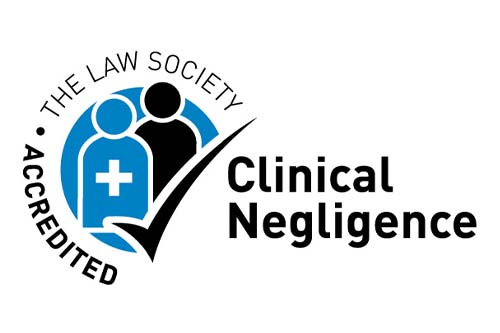
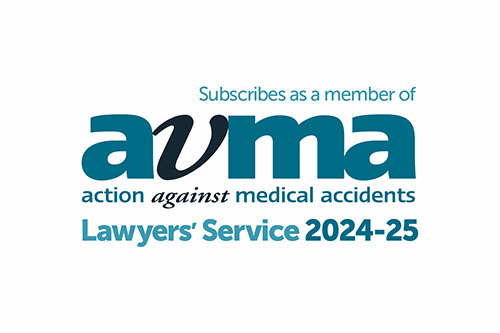
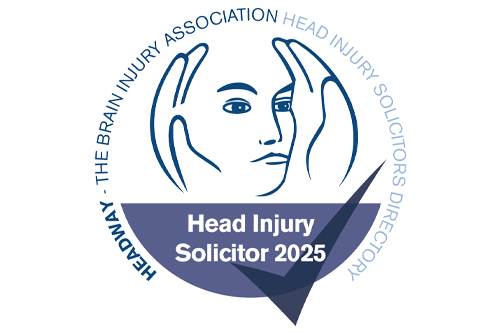

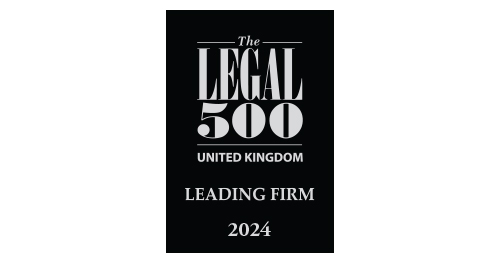
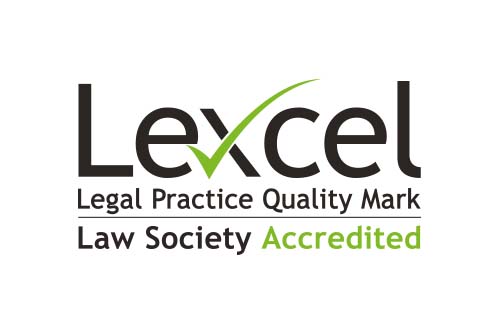
contact us
Contact our brain injury specialists today
What you need to know about meningitis
Meningitis is an infection of the meninges, the three layers of membrane that envelop the brain and the spinal cord. The outermost layer lies under the skull, it is a thick membrane known as the Dura Mater, which literally means ‘tough mother’. The next layer is the Arachnoid Mater which looks a bit like a spider’s web, hence the reference to ‘arachnoid’. The final layer, which lies over the brain itself is the Pia Mater, which can be translated as ‘gentle mother’. Between the arachnoid mater and the pia mater is the arachnoid space which is full of Cerebrospinal Fluid (CSF), a watery substance that circulates around the brain.
The lining of blood vessels within the brain are much denser than those found elsewhere in the body. The purpose of this is to provide a protective barrier (the blood-brain-barrier) between the circulating blood and the brain itself, so that essential nutrients can pass through but harmful organisms cannot.
Various different types of viruses and bacteria can infect the meninges. In newborn babies, meningitis is most commonly caused by Streptococcus Group B and E coli bacteria. The bacteria may spread to the meninges from an adjacent infected area, or via the blood stream, penetrating the brain where the blood-brain-barrier is weak. In some situations, for example where there is a congenital abnormality or where there has been a surgical procedure to the brain, the bacteria can reach the meninges by direct contact between the meninges and the outside world.
Once the bacteria has got into the CSF, the bacteria can spread and multiply quickly.
Brain damage in bacterial meningitis is caused both by the direct action of toxins released from the bacteria and by the body’s own response to infection.
Toxins released from the bacteria damage brain cells directly but also cause damage to blood vessels, leading to a lack of blood (ischaemia) and subsequent energy deprivation and further brain cell death.
When the bacteria are detected by the immune system, the immune system releases chemical messengers called Cytokines, which in turn attract white blood cells. The white blood cells essentially ingest the bacteria which is obviously good news. The bad news is that the process of ingesting the bacteria leads to the release of toxins which can damage both brain cells and blood vessels too.
Therefore although the immune system serves to protect the brain and the rest of the body, the system starts a destructive cascade that can cause as much damage to the brain as the bacteria it aims to eliminate.
People who have suffered from meningitis may experience a wide range of different types of brain damage, depending on which areas of the brain were affected, including cerebral palsy, epilepsy, hearing loss and cognitive difficulties.
Some of the common signs and symptoms of meningitis include:
- fever
- vomiting and nausea
- lethargy or altered mental state
- irritability
- refusing food and drink
- headache
- breathing difficulties
- rash
- stiff neck
- an aversion to bright light.
If meningitis is suspected, a number of tests are usually performed to include blood tests to look for markers of inflammation in the blood and a lumbar puncture which involves taking some fluid from around the spine, to test the fluid for bacteria, viruses and markers of inflammation.
Intravenous antibiotics should be administered without delay and if viral meningitis is suspected then antivirals should also be given. Once the cause of the meningitis is confirmed then more specific antibiotics and antivirals can be administered.
Corticosteroids should be given for suspected or confirmed bacterial meningitis if the results of the lumbar puncture reveal raised inflammatory markers or the presence of bacteria.



